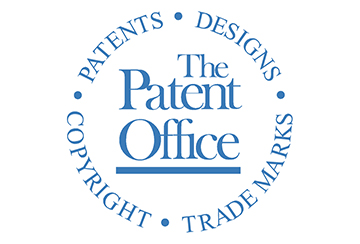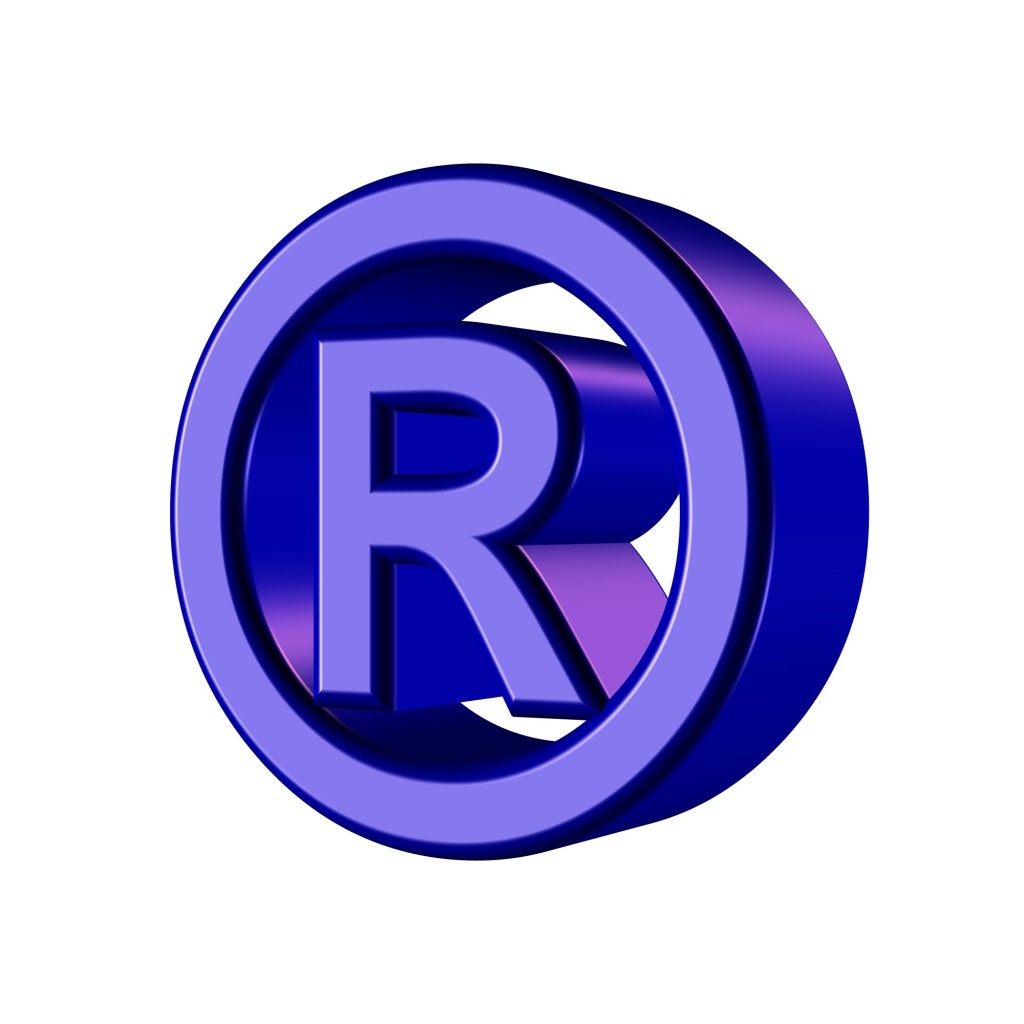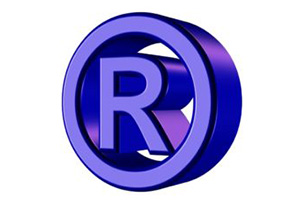THE BUDDING TRADEMARK GREEN RUSH: A RACE TO PROTECT MARIJUANA RELATED BRANDS UNDER TRADEMARK LAW
Medicinal marijuana and/or recreational marijuana have been legalized on the state level in twenty-nine (29) states as of early 2017. The race to harvest the benefits of this budding industry has been termed the “Green Rush”. Trademark law will be used to protect the energy, money and time Green Rush businesses spend on developing their brands. However, much of trademark law is based on Federal law. And under Federal law, medicinal marijuana and recreational marijuana is still illegal. This interesting twist cultivates thought-provoking questions as to how to protect the trademarks and service marks (collectively referred to as “Trademarks”) of Green Rush businesses. This articles digs into those questions.
Marijuana remains illegal under Federal law. Examining Attorneys at the United States Patent and Trademark Office (“USPTO”) routinely refuse to register certain marijuana related Trademark applications stating that the applicant “does not have a bona fide intention to lawfully use the applied-for mark in commerce” under Sections 1 and 45 of the Trademark Act. The boilerplate language used by the USPTO for Section 1 and 45 rejections includes the following:
To qualify for federal trademark/service mark registration, the use of a mark in commerce must be lawful. Gray v. Daffy Dan’s Bargaintown, 823 F.2d 522, 526, 3 USPQ2d 1306, 1308 (Fed. Cir. 1987) (stating that “[a] valid application cannot be filed at all for registration of a mark without ‘lawful use in commerce’”); TMEP §907; see In re Stellar Int’l, Inc., 159 USPQ 48, 50-51 (TTAB 1968); CreAgri, Inc. v. USANA Health Scis., Inc., 474 F.3d 626, 630, 81 USPQ2d 1592, 1595 (9th Cir. 2007). Thus, any goods or services to which the mark is applied must comply with all applicable federal laws. See In re Midwest Tennis & Track Co., 29 USPQ2d 1386, 1386 n.2 (TTAB 1993) (noting that “[i]t is settled that the Trademark Act’s requirement of ‘“use in commerce,” means a “lawful use in commerce,” and [that the sale or] the shipment of goods in violation of [a] federal statute . . . may not be recognized as the basis for establishing trademark rights’” (quoting Clorox Co. v. Armour-Dial, Inc., 214 USPQ 850, 851 (TTAB 1982))); In re Pepcom Indus., Inc., 192 USPQ 400, 401 (TTAB 1976); TMEP §907. If the items or activities that the mark is intended to be used in connection with are unlawful, actual lawful use in commerce is not possible and there can be no bona fide intent to lawfully use the mark in commerce.
Examining Attorneys will then cite the Controlled Substances Act in support of the Section 1 and 45 rejection. The boiler plate language included in many Office Actions related to the Controlled Substances Act includes the following:
The Controlled Substances Act (CSA) prohibits, among other things, manufacturing, distributing, dispensing, or possessing certain controlled substances, including marijuana and marijuana-based preparations. 21 U.S.C. §§812, 841(a)(1), 844(a); see also 21 U.S.C. §802(16) (defining “[marijuana]”). In addition, the CSA makes it unlawful to sell, offer for sale, or use any facility of interstate commerce to transport drug paraphernalia, i.e., “any equipment, product, or material of any kind which is primarily intended or designed for use in manufacturing, compounding, converting, concealing, producing, processing, preparing, injecting, ingesting, inhaling, or otherwise introducing into the human body a controlled substance, possession of which is unlawful under [the CSA]. 21 U.S.C. §863.
Many applications for registration of marijuana related Trademarks have been rejected based upon the above law and regulations. The types of applications that been rejected generally include goods and services requiring the possession of marijuana, activities that involve the possession of marijuana and the instruction of how to grow or cultivate marijuana.
On other hand, the USPTO has granted registration to marijuana related service mark applications for services including the following: providing information related to the effects of marijuana; information related to dispensaries, dispensary locations and inventories; providing education, seminars and recommendations of products and services; and, providing websites having ratings and reviews of marijuana.
Businesses in states where medicinal marijuana and/or recreational marijuana are now legal are also turning to state law to protect their Trademarks. For example, marijuana related Trademarks registered in Colorado include marks such as, DREAM CREAM covering cannabis infused Ice Cream, THE CLINIC covering medical and retail marijuana sales, and BEST MARIJUANA DENVER covering marijuana. Given the urgency to grab brands for marketing purposes, many businesses may need to file state Trademark applications as soon as possible to reserve their brand names. However, certain states, such as Florida, do not allow “intent-to-use” applications and therefore a Trademark must be “in use” before applying for registration. In states that do not allow intent-to-use applications, businesses should consider filing carefully drafted federal Trademark applications to secure intellectual property to protect their brands until they can file the appropriate state Trademark applications.
The attorneys at The Plus IP Firm effectively advise clients and obtain intellectual property for Green Rush businesses to position those businesses in the best positon to capitalize from this blooming billion-dollar industry. To learn more about The Plus IP Firm, click here. To learn more about Derek Fahey, the author of this article, click here.












